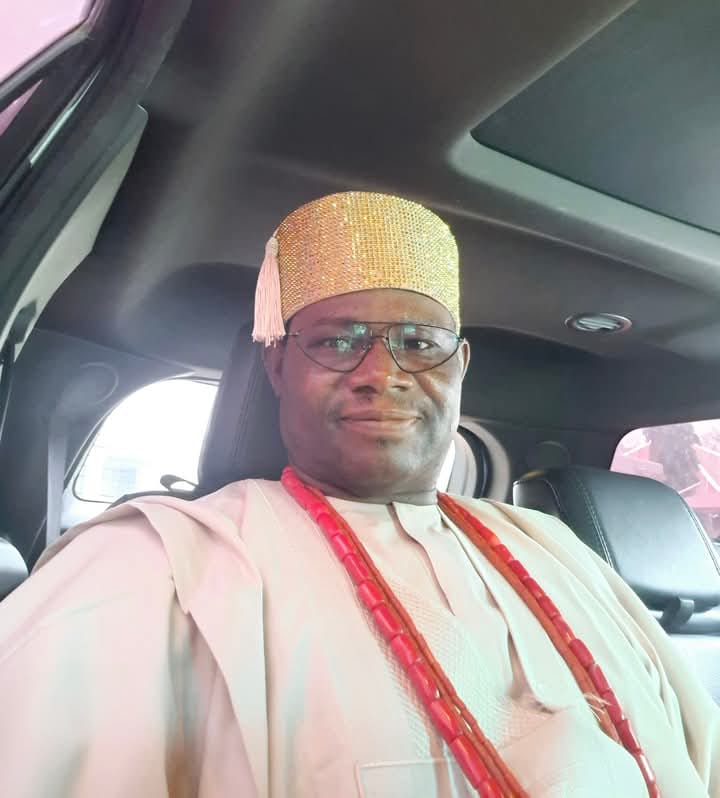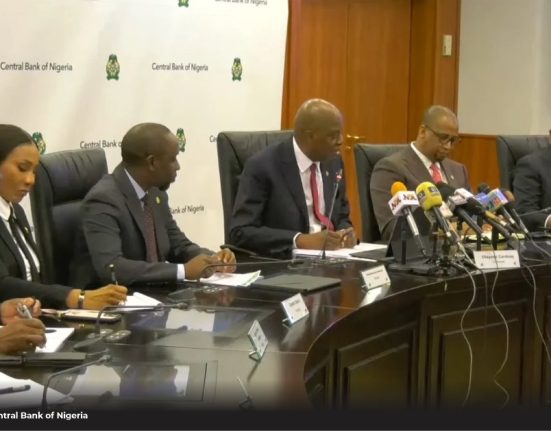In a rare emotional public service display on Wednesday, the Registrar of the Joint Admissions and Matriculation Board (JAMB), Professor Ishaq Oloyede, broke down in tears as he publicly took responsibility for the mass failure of candidates in the 2024 Unified Tertiary Matriculation Examination (UTME). It was not a moment staged for public sympathy; it was an obvious display of accountability in a country where such gestures are almost unheard of.
In Nigeria, where public officials often pass the buck or cite “technical glitches” and “legacy challenges” to avoid culpability at every failure, Oloyede’s emotional acceptance of responsibility stood out. His tears matter because they broke a code of silence and denial that has long defined our public service experience. It pierced through layers of official detachment and forced the nation to confront what real leadership means.
The tears mattered because they symbolised something much deeper than the challenges facing JAMB. They spoke to a long-ignored truth: that public servants are human and should feel the weight of their office. At that moment, Professor Oloyede demonstrated that leadership is not always about being proper but responsible.
More importantly, his remorse was not empty. JAMB immediately took a corrective step by approving the conduct of examinations in several centres where technical hitches had compromised the process. Many students who were initially disadvantaged will now have the opportunity to rewrite the exam. That action, combined with the public apology, sends a message that accountability must go beyond words; it must be followed by a remedy.
In a public sector where failures are routinely swept under the carpet, Oloyede’s tears matter because they signal a break from the norm. They challenge a generation of public officials to embrace a culture where admitting failure is not a sign of weakness but a necessary step toward institutional reform.
It is important to note that Professor Oloyede has a credible track record. Since assuming office, he has led major reforms that have improved transparency, reduced corruption, and modernised JAMB’s operations. Yet even with this history of achievement, he did not use past success to excuse present shortcomings. He chose humility over hubris. That, too, is why his tears matter.
We must not dismiss this as a fleeting emotional outburst or a media spectacle. Nigeria’s democracy and governance structures are starved of empathy and genuine accountability. Oloyede’s action should serve as a model, reminding us that power must come with conscience, and that those who lead must also be willing to apologise and correct. In a time of low public trust and high cynicism, we need more leaders who understand that admitting failure is not a political liability but a moral duty.
Professor Oloyede’s tears may not change exam results but should change expectations. They should challenge ministers, governors, legislators, and agency heads to rethink their response to failure. They should remind us that in leadership, what matters most is not perfection but integrity.







